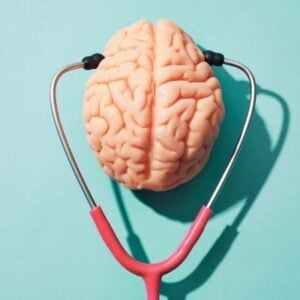The Council of Europe recently held a conference on the protection of health, highlighting its extensive work in healthcare across Europe. The organisation emphasised that health is a fundamental human right and showcased initiatives ranging from the ethical use of artificial intelligence in medical treatment to ensuring the quality of medicines and addressing medical disinformation, balancing freedom of expression with public health needs.
The Council has been responding to challenges such as social inequality, environmental degradation, demographic shifts, and global crises, including pandemics and conflicts, which negatively impact healthcare outcomes and human rights. It collaborates with European countries at local, national, and international levels to address these issues and strengthen health protection measures.
Secretary General Alain Berset stressed that protecting health reflects the strength of democracies and core European values, linking it to the New Democratic Pact for Europe, which aims to ensure equal access to rights, including healthcare. Malta’s Minister for Health and Active Ageing, Jo Etienne Abela, also highlighted the importance of safeguarding children’s health and combating misinformation, framing health protection as a shared responsibility requiring innovation and commitment.
Conference participants, including policymakers, legal experts, public health professionals, civil society representatives, and institutions such as the Council of Europe Development Bank, the World Health Organization, and the European Union, discussed challenges and strategies for advancing health protection across Europe. The event reinforced the Council of Europe’s vision for the New Democratic Pact for Europe and its alignment with the United Nations Sustainable Development Goal 3, focused on good health and well-being.
Alain Berset also highlighted the growing threat of health disinformation in his article “Health in the Age of Disinformation,” noting that it erodes trust in healthcare and disproportionately harms vulnerable communities. He pointed out that while artificial intelligence holds great potential for medical diagnosis and treatment, it also carries ethical risks, including bias in algorithms and the spread of AI-generated health disinformation, prompting the Council to develop a new convention on disinformation and foreign influence.
On the sidelines of the conference, Armenia ratified the Oviedo Convention on Human Rights and Biomedicine, the first legally binding international treaty aimed at protecting human dignity and rights against the misuse of biological and medical advances, marking a significant step in the protection of health and human rights in Europe.





